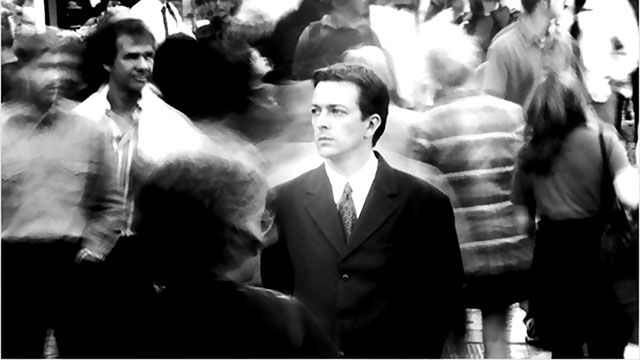
We're counting down to the release of Oppenheimer by looking back at Christopher Nolan's movies in order.
The director's latest project is a typically secretive affair, tracing the development of the atomic bomb. Cillian Murphy plays J. Robert Oppenheimer, the man who sent humanity careering in a dark new direction, and the remarkable supporting cast includes Emily Blunt, Matt Damon, Florence Pugh and Robert Downey Jr.
Clad in fiery vistas that herald the birth of brand-new 20th-century warfare, Oppenheimer is poised to be a feast for the senses and the emotions. Nolan splits the aesthetic of the movie between timeline and colour, promising a truly epic delve into an epochal moment in human history. As expected, Nolan has captured the movie on IMAX cameras, resulting in apocalyptic sequences that promise to take the breath away.
This week, we're going back to where it all began for Nolan, examining his first feature film Following.
What is the story of Following?
A young writer (credited in the film as 'The Young Man') has taken to following strangers around the streets of London. Ostensibly, this is to get inspiration for his first novel. But things take a dark and sinister turn when he's drawn to a man who calls himself 'Cobb'.
Renaming himself 'Bill', our mysterious protagonist is then drawn into the world of robbery. Seduced by this lifestyle, he molds himself in Cobb's image, changing his clothes and appearance. But when murder and deception rear their head, The Young Man must re-assess the essentially empty nature of his existence.
How was Following made?
It's always fascinating tracing the careers of famous directors back to their roots. Quentin Tarantino worked in a Los Angeles video store, dining out on a mass of pop culture that he later converted into Reservoir Dogs. Martin Scorsese seriously contemplated becoming a priest, later translating that Catholic guilt into critically acclaimed films such as Mean Streets.
In the case of Christopher Nolan, it all began at University College London (UCL), where he studied not film, but English literature. (Nolan would later say that studying a non-film course was intended to bring additional perspective to his eventual moviemaking endeavours.) While engaging with his studies, Nolan used UCL's equipment, 16mm cameras and all, to make short films like Doodlebug, and his ambition later flowered into his first feature, Following.
Of course, the inception of one of our greatest movie directors began way before that. Born in London in 1970, Nolan demonstrated an affinity for filmmaking at an early age. A self-confessed Star Wars fan, Nolan transposed his enthusiasm for George Lucas' space opera into a stop-motion short called Space Wars.
Devised with Nolan's brother Jonathan (who would later develop HBO hit Westworld), the film deployed a Super 8 camera and all manner of practical effects including egg boxes and toilet rolls. Audaciously, Nolan also interwove NASA footage of the Apollo rockets, sent to him by his American uncle. (Nolan split his childhood between England the USA, owing to his British father and American mother.)
This spirit of innovation would eventually flower in the aforementioned short movies and, ultimately, Following. The moody black-and-white thriller was released in 1998 and cemented many Nolan hallmarks, chiefly the sombre tone, the examination of the self in relation to one's environment, and the slippery, elusive nature of time.
Many of Nolan's collaborators on the project were also cemented, including his wife and production partner Emma Thomas, and composer David Julyan, who scored Memento, Insomnia and The Prestige. In making Memento, Nolan also demonstrated his efficiency at working within budgetary constraints, something that would become increasingly evident during the escalatingly expensive Dark Knight trilogy.
Shot on 16mm film stock over several Saturdays entirely in natural light (Nolan has said the budget didn't extend to such equipment), and in the houses of family and friends no less, Following exerts a confident spell. It's remarkable to see how much of the director's later work owes itself to this unassuming thriller. The eerie sight of actor Jeremy Theobald's character wandering around the monochrome landscape of London, devoid of all personality and even a name, is our first indication of Nolan's fascination with psychology and identity.
To further cover the costs, Nolan extended his duties to editing and production design. Crucially, the narrative is conveyed in non-linear style, another element that would become a hallmark of Nolan's style, particularly in his critically acclaimed next movie Memento.
Of the film's noirish style, Nolan explained: "In a compelling story of this genre we are continually being asked to rethink our assessment of the relationship between the various characters, and I decided to structure my story in such a way as to emphasize the audience's incomplete understanding of each new scene as it is first presented."
Such a considered and thoughtful answer is what we've come to expect from Nolan. But it's a remarkably mature response for a director so young (Nolan was 28 by the time Following was released).
And the director hasn't lost sight of where he began, relaying the following lovely anecdote to DGA Quarterly Magazine: "[The] difference between shooting Following with a group of friends wearing our own clothes and my mum making sandwiches to spending $4 million of somebody else's money on Memento and having a crew of a hundred people is, to this day, by far the biggest leap I've ever made."
Following made its debut at the 1998 Toronto Film Festival, where it received critical acclaim. The film was a sizeable financial success, grossing more than $240,000 against its $6,000 budget. That was a foreshadowing of the fiscal success Nolan would later enjoy on his bigger, more ambitiously mounted projects.
A later Criterion DVD release of the movie in 2012 brought the film back into the spotlight. From the dapper attire of cat burglar Cobb (both the name and the fashions were later repeated in Inception), to the shocking rug pull of an ending, it's a powerful reminder that Nolan has always been an assured filmmaker.
How was Following received?
In addition to its financial success, Following was also acclaimed as an ambitious and impressive debut movie. Los Angeles Times reviewer Kevin Thomas described it as a "taut and ingenious neo-noir" and that "as a psychological mystery it plays persuasively if not profoundly. Nolan relishes the sheer nastiness he keeps stirred up, unabated for 70 minutes".
What was the next Christopher Nolan movie?
Memento, starring Guy Pearce, was Nolan's next film, and the one that would bring him global recognition.
Oppenheimer is scheduled for release on July 21st. Click the link below to get your tickets and let us know what your favourite Christopher Nolan movie is @Cineworld.
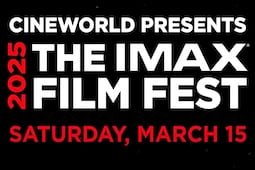
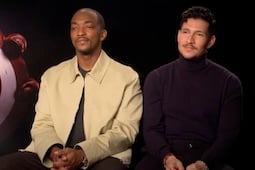

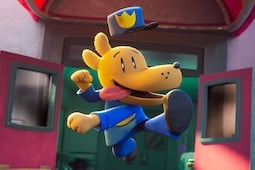
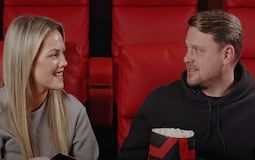

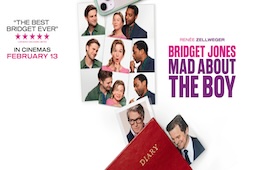
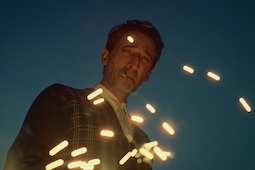

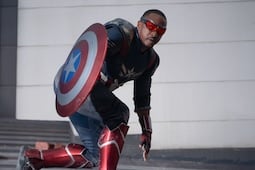




.jpg)
.png)






